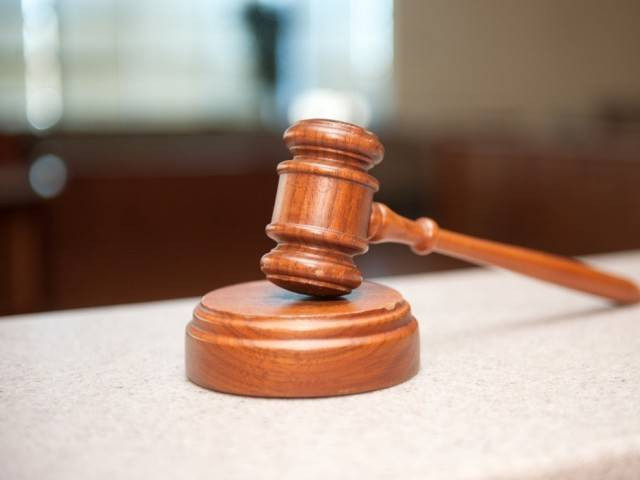SCBA describes NA resolution as ‘illegal’
Says will continue to lend its unwavering support towards upholding the rule of law

The Supreme Court Bar Association (SCBA) has taken serious exception to the “blatantly illegal resolution” passed by the National Assembly of Pakistan on April 6 against the three-judge bench of the Supreme Court that ordered polls supervisory authority to hold election in Punjab on May 14.
“It is unfortunate that the National Assembly which is bound to act in accordance with the Constitution, has blatantly disregarded Article 68…which prohibits any discussions in the parliament with respect to conduct of any judge of the Supreme Court or a high court in discharge of his duties.
“Whereas members of the parliament have made disparaging and extremely disrespectful comments against members of judiciary which is not only violative of the Constitution but a direct challenge to the integrity of the judiciary,” said the statement issued on Saturday.
It said the resolution would lead to absolute chaos and anarchy when stability and democratically elected government are the need of the hour.
Read more: PTI says talks only way to end political chaos
The National Assembly on April 6 adopted the resolution declaring that the parliament rejected the SC’s April 4 “minority” judgment with regard to holding polls in Punjab on May 14.
The resolution asked the prime minister and the federal cabinet not to implement the decision while urging the top court to form a full court to review the “rewriting” of the Constitution under Article 63-A.
It also expressed concern about “undue judicial interference” in political matters. It maintained that the recent judgment of the apex court was creating political instability in the country and paving the way for division of the federating units.
In another statement, the SCBA condemned the alleged smear campaign launched against some Supreme Court judges, also condemning the derogatory remarks and statements passed against these judges in public rallies, congregations and the parliament.
“Without any stretch of imagination, it is obvious that the purpose of the said smear campaign is to pressure the judiciary so as to achieve an unconstitutional and undemocratic agenda.
Read more: President Alvi returns bill limiting CJP's powers to parliament
“The SCBA will continue to lend its unwavering support towards upholding the rule of law, independence of institutions and supremacy of the Constitution of Pakistan,” said the statement.
The SCBA urged all stakeholders to amicably reach a consensus in order to safeguard the integrity of the judiciary and restore political and economic stability in the country.
In yet another press statement, the SCBA described a complaint filed to the Supreme Judicial Council (SJC) against Chief Justice of Pakistan Umar Ata Bandial as “blatantly illegal” and “yet another attempt to subvert the Constitution.”
The complaint, filed by lawyer Raja Sibtain Khan, alleged that the chief justice engaged in misconduct by dividing judges into groups and securing their support to influence the outcome of a case.
The complaint claims that the actions of the CJP while hearing a suo motu case with regard to postponement of polls in Punjab violated the Constitution and the fundamental rights of the people of Pakistan and amounted to unfaithfulness and disloyalty to the state.
The complainant called for an investigation into the matter while demanding removal of the CJP.
Commenting on the complaint, the SCBA said it was clear that the said reference against the CJP was yet another attempt to delay elections in Punjab and Khyber Pakhtunkhwa (K-P) provinces.
“[Any delay in election will, however, be] in blatant violation of Article 224 (2) of the Constitution and the orders of the Honorable Supreme Court in SMC No 01/2023 and CP No 05/2023 dated March 1, 2023 and April 4, 2023 respectively,” it added.



















COMMENTS
Comments are moderated and generally will be posted if they are on-topic and not abusive.
For more information, please see our Comments FAQ